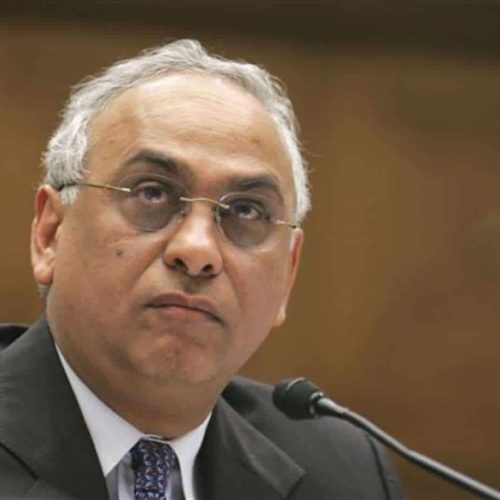Introduction
With the debt ceiling debate raging in Washington, questions of whether, or when, the country’s largest credit rating agencies will downgrade the nation’s creditworthiness has become a central issue. Not so central, though, to attract more than a half-dozen congressman to a hearing where top executives from credit ratings agencies testified.
Only a handful of members were present on Wednesday at a House Financial Services oversight subcommittee hearing where Standard & Poor’s president, Deven Sharma, and Moody’s Investors Service’s global managing director, Michael Rowan, were called to discuss credit rating reforms under the year-old Wall Street reform law. That subject, however, was later abandoned by lawmakers who wanted to know the executives’ views on the debt ceiling fight underway in Congress.
Republican Scott Garrett of New Jersey asked the two ratings executives questions about debt ceiling proposals that have been circulated by each political party, but perhaps predictably, neither would commit to specifics.
Sharma said that “some of the plans” to cut the U.S. deficit could bring the nation’s debt “in the range of the threshold for AAA ratings,” but added that S&P does not comment on political decisions until they are finalized. And while the U.S. “debt burden does need to be addressed,” a drop from a AAA to AA rating doesn’t mean his analysts predict default, just that the risk is predicated to be higher, Sharma said.
Treasury Secretary Timothy Geithner has warned that if Congress doesn’t reach a deal soon, the U.S. Treasury will hit the debt ceiling next Tuesday and be unable to pay all its bills.
Credit rating firms have been widely criticized for contributing to the 2008 financial crisis by giving high ratings to mortgage-backed securities that later had to be sharply downgraded. Because credit raters were hired by banks, critics say the firms had an incentive to issue higher ratings.
Read more in Inequality, Opportunity and Poverty
Finance
Next stop for fight over Wall Street reforms: Federal court
Your Wall Street reform reading list for today
Finance
No unemployment worries for bank lobbyists in Washington, where business is booming
Your Wall Street reform daily reading list




Join the conversation
Show Comments